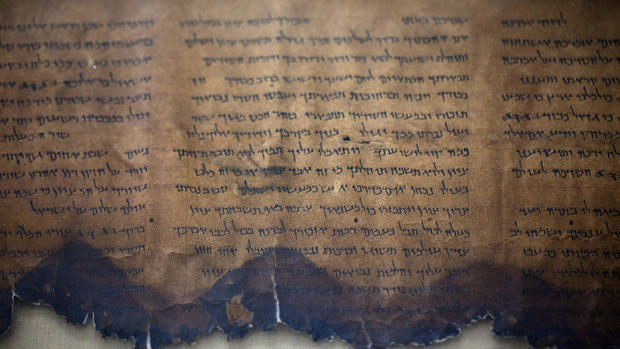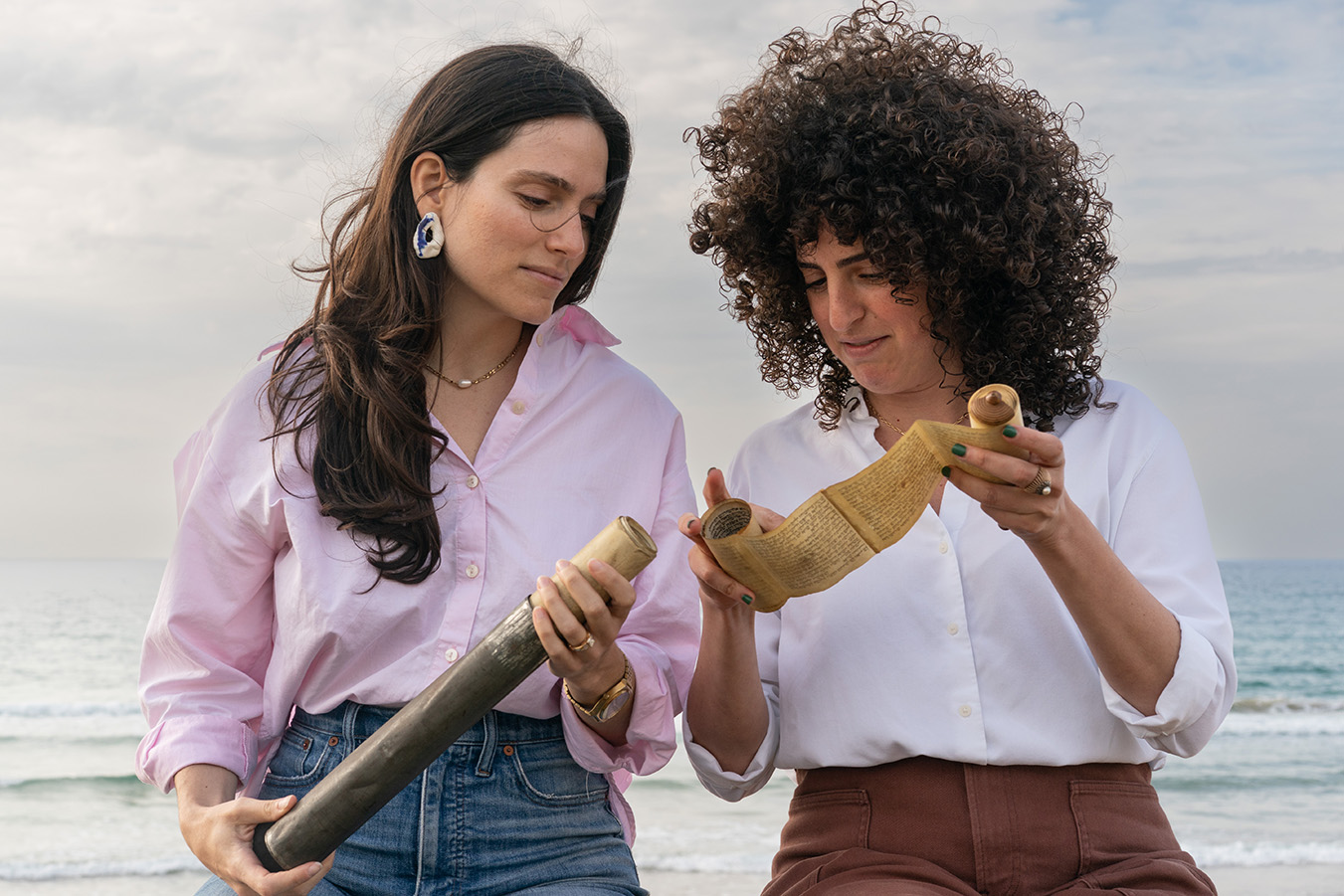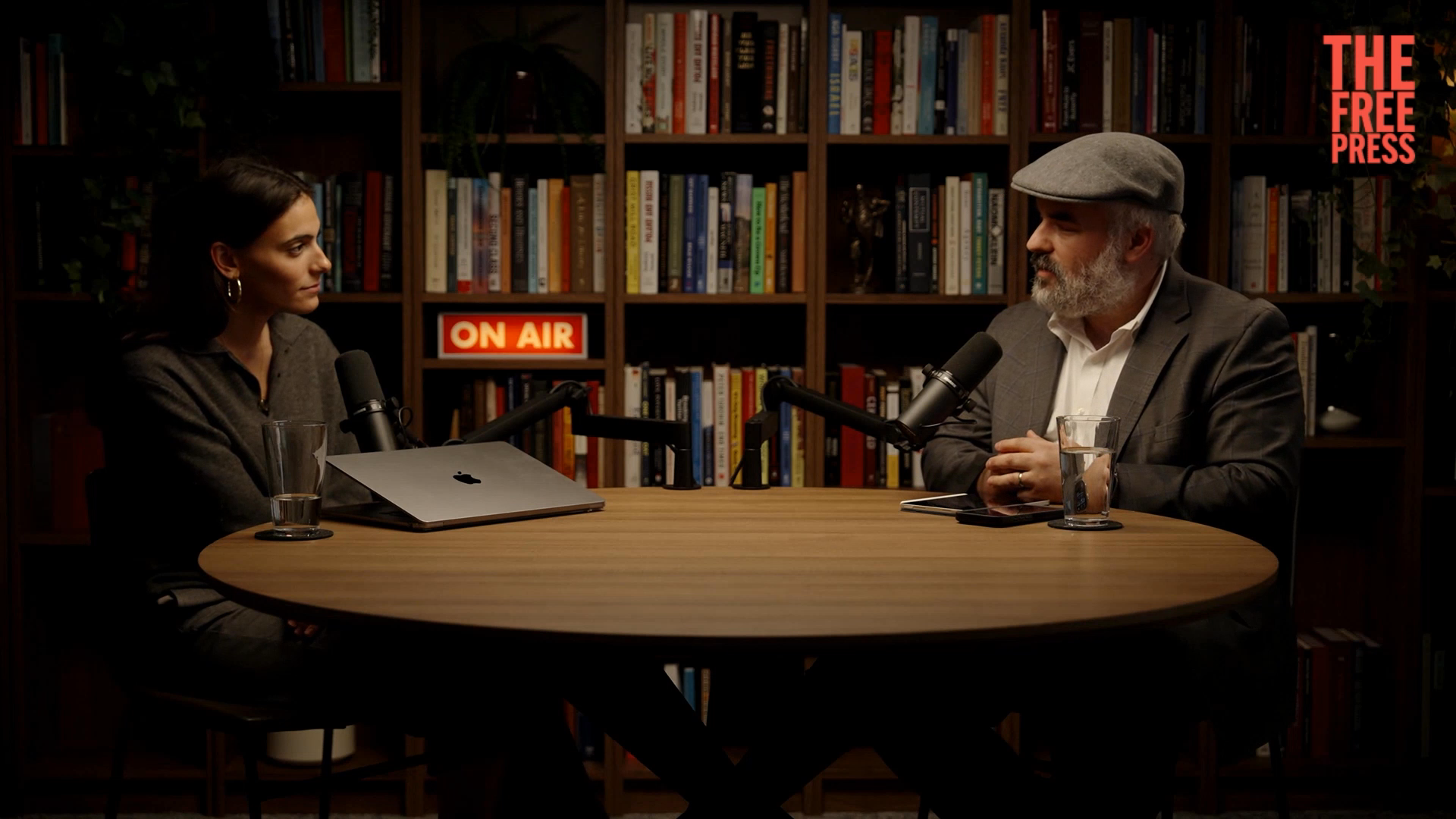Dead Sea Scroll discoveries open a new window into early humanity
Israeli archaeologists announced this week the discovery of dozens of new Dead Sea Scroll fragments. Found in a desert cave and likely stashed away during a Jewish revolt against Rome nearly 1,900 years ago, the scraps of biblical texts offer a rare window into the history of Judaism, early Christian life, and humankind.
CBS News' Imtiaz Tyab reports that when the first fragments of the Dead Sea Scrolls were found over 70 years ago, it was widely considered to be one of the most significant archaeological discoveries of the 20th century.
To make the new discovery, archaeologists rappelled down a sheer cliff into the Cave of Horrors – so named for the dozens of human remains found inside. But while the history of the cave is as dark as its name implies, excavators have described what they found inside as "between heaven and Earth."
Dozens of fragments of the Dead Sea Scrolls were uncovered after nearly two millennia. The pieces of parchment are small — some miniscule — but they're big enough to draw wisdom from, according to Dr. Oren Ableman.
"These are the things you are to do," he quotes from one of the fragments' Greek text. "Speak the truth to one another, render true and perfect justice in your gates and do not contrive evil against one another. And do not love perjury because those are things that I hate, declares the Lord."
The arid conditions of the Judean Desert ensured that dozens of other objects found alongside the scroll fragments also withstood the test of time, including ancient olive pits; remnants of clothing and sandals and a wooden lice comb similar to one that might be used today.
Protecting culture, or stealing it?
Archaeologist Chaim Cohen says the four-year project has been vital to protect the treasures inside the cave system from future plunder.
"This project is the protection of the area because, again, it is almost impossible to beat the looters," he said. "They're working, and the solution was to get to the case before the looters."
The massive excavation site spans parts of southern Israel and the Israeli-occupied West Bank. Israel has long been criticized for removing objects found in the Palestinian territories.
According to international law, taking cultural property from an occupied territory is forbidden, but those concerns haven't prevented the Israeli Antiquities Authority from putting the discoveries on display.
Beyond the biblical
Some of the artifacts go well beyond the biblical, including the 6,000-year-old skeleton of a small child, and an almost perfectly preserved basket, which wouldn't look too out of place at a home furnishings store today.
"We didn't understand because we thought the cave is empty, and then when we came we were looking at a whole huge intact basket," said Yaniv Berman, of the Antiquities Authority. He said when they got the results of carbon dating analysis, "we were shocked! It is 10,500 years old!"
It was another dazzling puzzle piece from the past, found alongside ancient wisdoms that still resonate today.








